This striking black-and-white documentary criss-crosses Mexico, unearthing grassroots tales of grief, resilience and determined resistance in the wake of a decades-long drug war and political corruption.
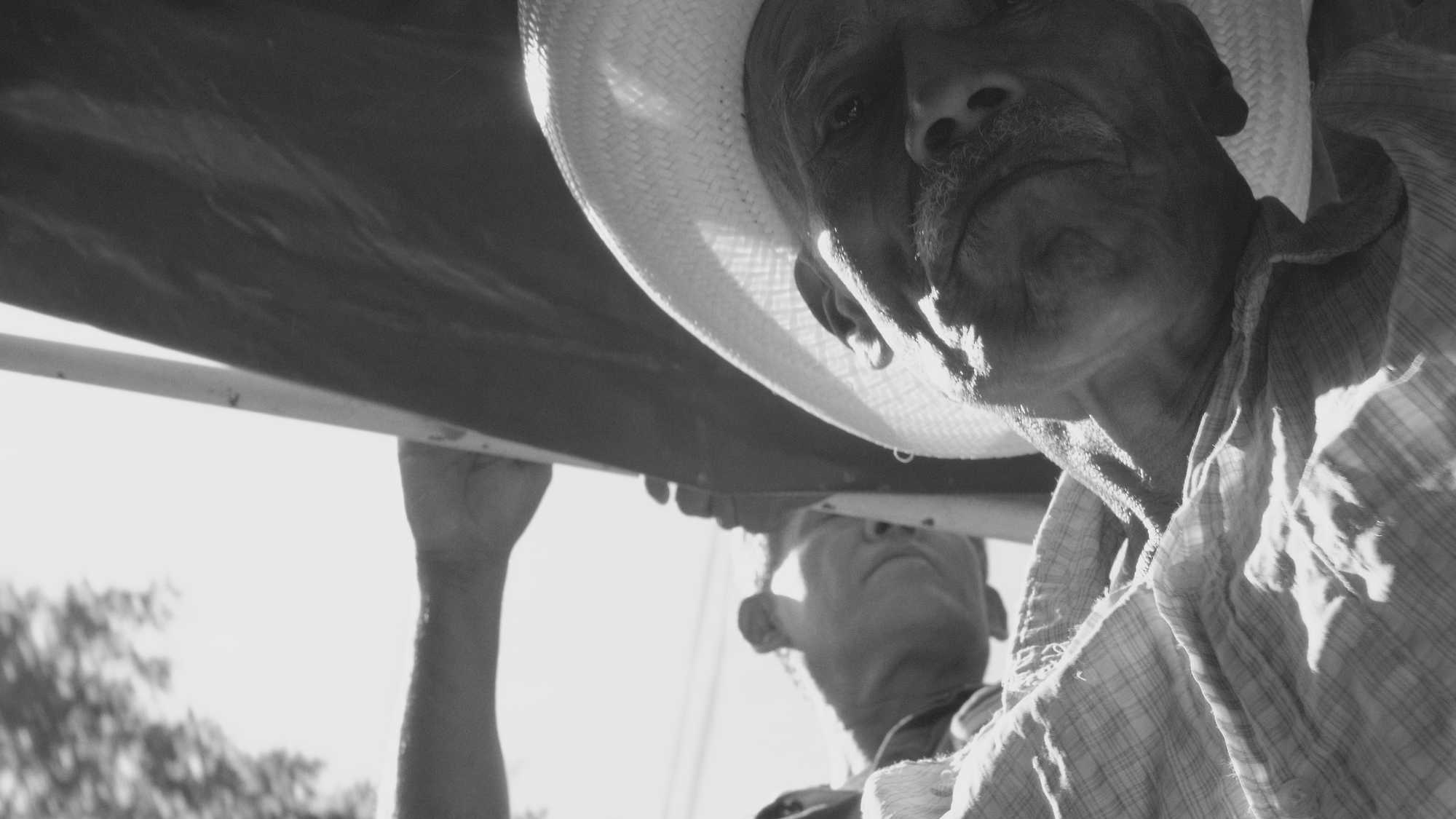
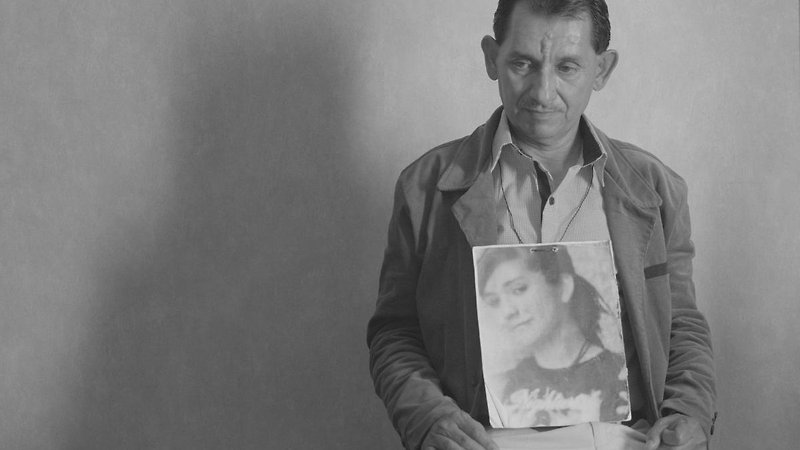
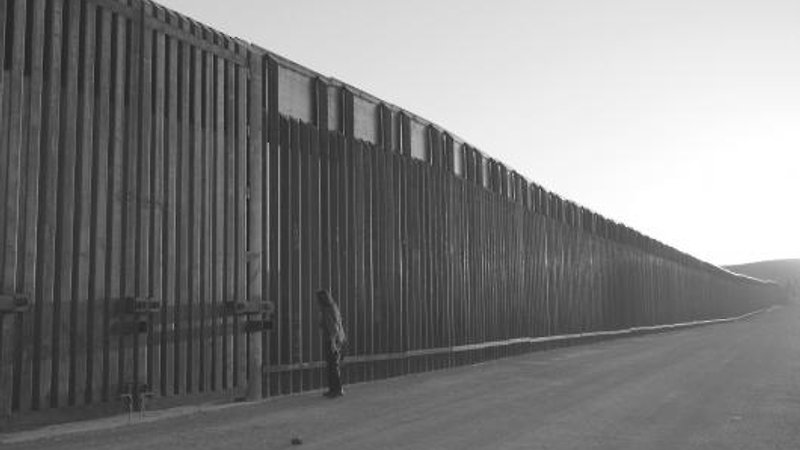
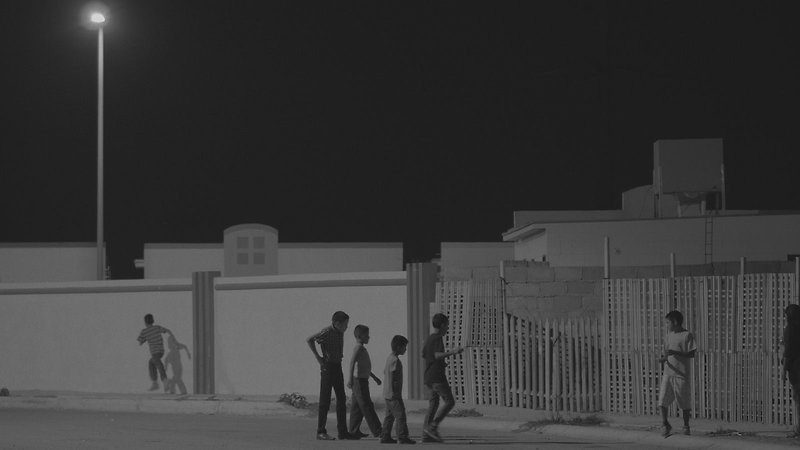
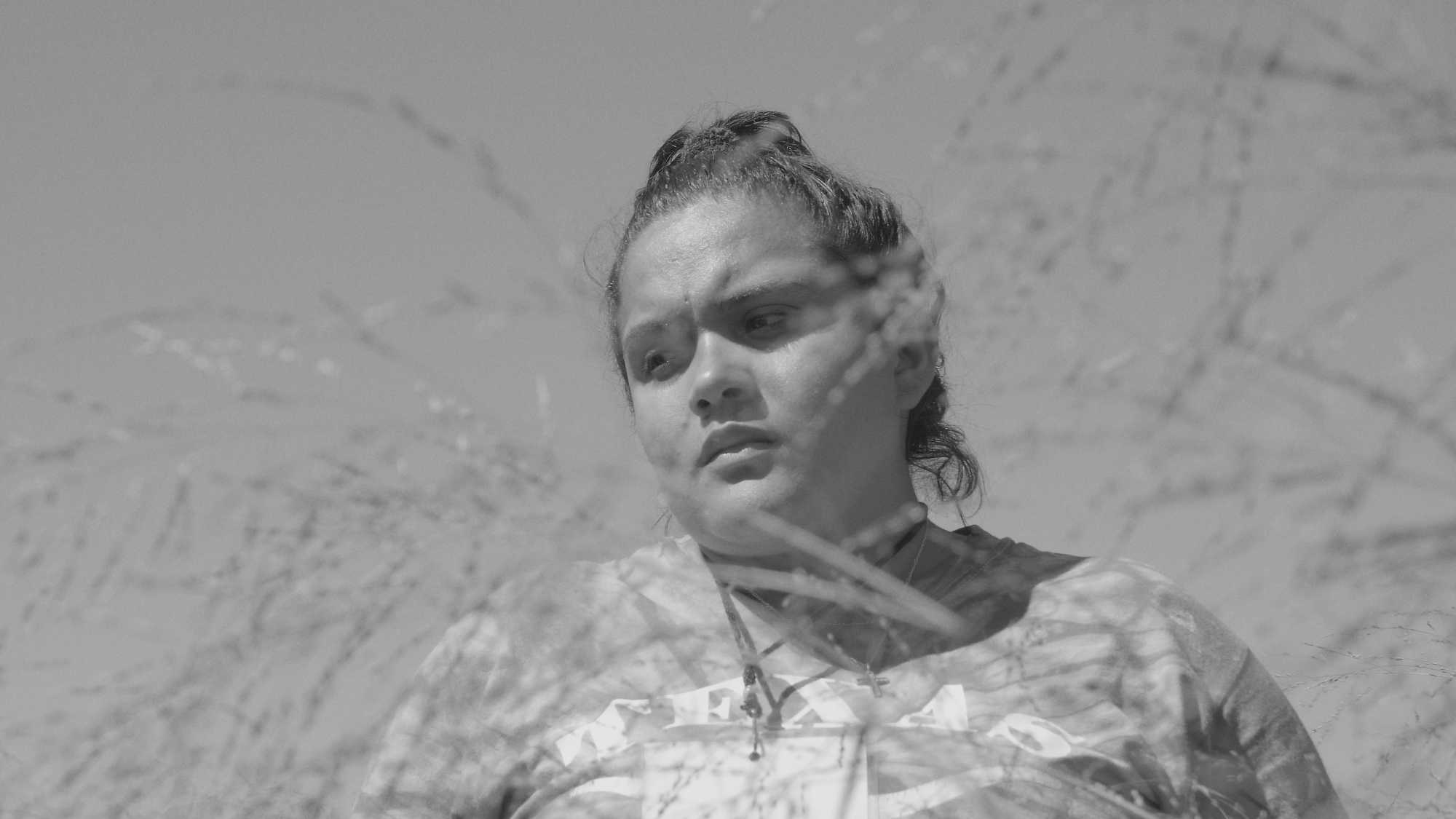
In Mexico, the influence of the cartels has led to the disappearance of thousands. Seldom do we get to hear the stories of the victims.
Screened as part of NZIFF 2019
Dark Suns 2018
Soleils noirs
A thorough and unsettling exploration of the widespread influence of organised crime on the life of everyday Mexicans, Canadian director Julien Elie’s Dark Suns surveys a Mexico in the grip of a merciless cycle of violence, where thousands ‘disappear’ to be found in mass graves – or not at all. From Ciudad Juárez on the US border to Veracruz on the Gulf of Mexico to the capital, Mexico City, in the south, the film tracks the intertwined mesh of cartel power and state complicity, encompassing seemingly the entire country, as criminals prey on the poor and vulnerable.
Elie’s documentary proves an essential antidote to the voyeuristic thrills often afforded by tales of drug violence, as seen in films such as Sicario or Cartel Land. Rather than focus on gangsters vs lawmen, Dark Suns flips the script by giving voice to victims’ families, and to the journalists, lawyers, human rights activists and priests who struggle towards a justice that appears increasingly out of reach. The filmmakers utilise moody monochrome cinematography along with judicious application of a dark-edged soundtrack to lend weight to Dark Suns’ forcefully felt impact. — Jacob Powell
“Memory is a hard thing to shake loose. Throughout our lives we dig deep into our minds and try to remember not just the past but the things that we have lost... Elie’s camera lingers on open spaces, on shops, run-down buildings, and busy streets like it is searching for something; maybe searching for those who have disappeared or singling out the spaces where they once might have stood.” — Odalis García, Ambulante